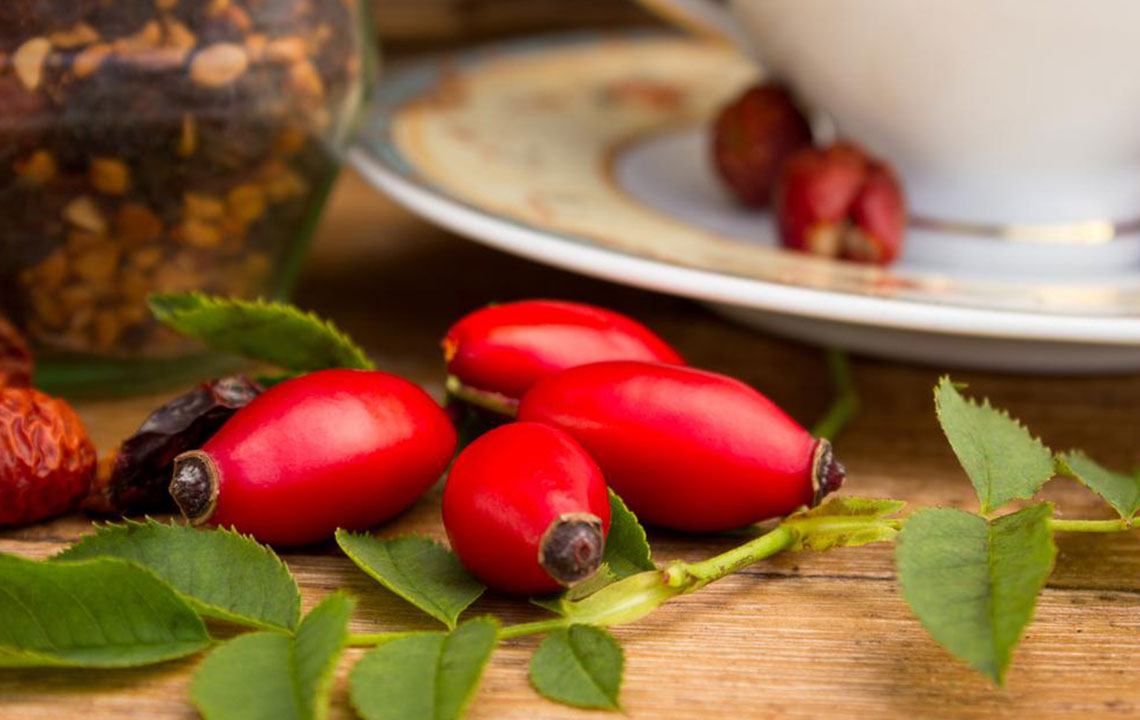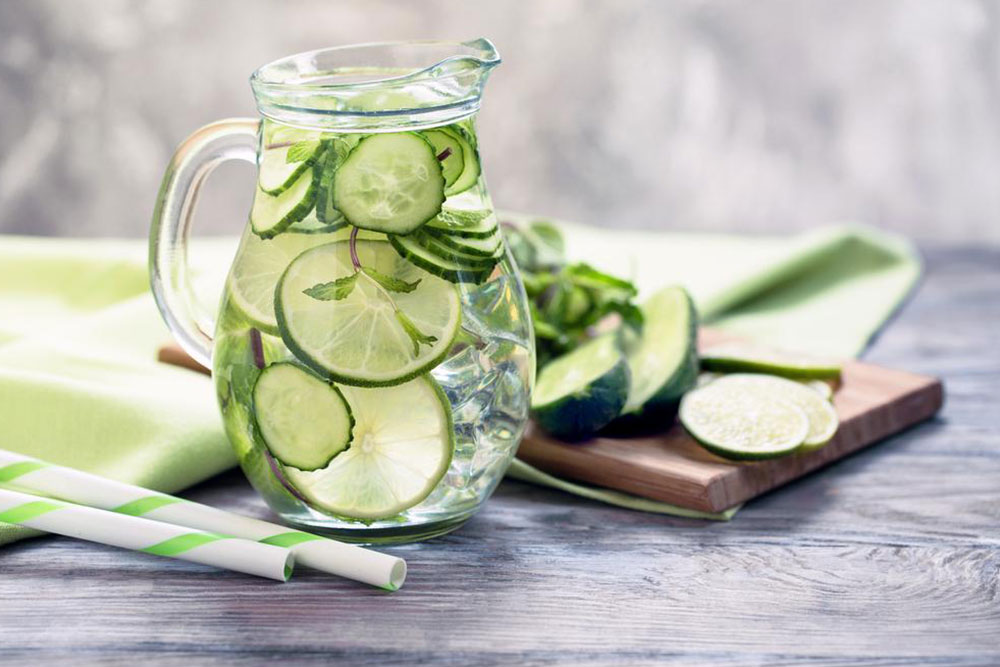Comprehensive Natural Remedies to Alleviate Stomach Discomfort and Pain
Discover an array of natural, effective home remedies to relieve stomach discomfort and cramps. From sipping warm chamomile and ginger teas to applying warm compresses, these simple solutions can support digestion and reduce inflammation. Learn how to use everyday ingredients like lemon, peppermint, and fennel seeds to promote gut health naturally. Ideal for mild to moderate symptoms, these tips can help you find quick relief at home without reliance on medication. For persistent issues, consult a healthcare professional promptly for comprehensive care.

Comprehensive Natural Remedies to Alleviate Stomach Discomfort and Pain
Stomach discomfort is a common issue that can significantly impact daily life, ranging from mild bloating to severe abdominal cramps. Such discomfort often stems from diverse gastrointestinal issues including indigestion, gastritis, gastroesophageal reflux disease (GERD), food poisoning, and other related conditions. The symptoms can vary widely, with some people experiencing a dull ache, while others face sharp, persistent cramps. More serious underlying problems such as ulcers, appendicitis, gallbladder issues, cysts, or fibroids may also cause abdominal pain, necessitating prompt medical attention. However, numerous home remedies are effective in providing relief while supporting digestion and reducing inflammation. This article explores a variety of natural and easy-to-prepare remedies that can help manage stomach discomfort at home safely and effectively.
Learn about practical natural remedies that can ease stomach pain and promote digestive health without the need for medication.
Enjoy Warm Chamomile Tea
Chamomile is renowned for its anti-inflammatory and calming properties, making it an excellent remedy for soothing the digestive system. It helps relax the muscles of the gastrointestinal tract, reducing spasms and cramps often associated with gastritis, indigestion, or stress-related stomach issues.
Preparation Tips:
Use a tea bag or 2 teaspoons of dried chamomile flowers for a fresh brew
Pour freshly boiled water over the herbs or tea bag
Steep for 10 to 20 minutes to extract beneficial compounds
Ideal to sip slowly, preferably after meals or when experiencing discomfort
Apply a Warm Compress
A gentle warm compress can effectively relax tense muscles around the stomach area, easing cramps and spasms. The heat encourages blood flow and soothes inflammation, providing quick relief. Ensure the compress is warm but not hot enough to burn the skin.
Use Rice Water
The starchy water from cooked rice is a traditional remedy that helps soothe inflamed stomach linings. It contains anti-inflammatory properties that can reduce irritation and discomfort, especially during episodes of gastritis or indigestion.
Enjoy Peppermint Tea
Peppermint has antispasmodic properties that relax the muscles of the gastrointestinal tract, making it helpful in alleviating bloating, gas, and nausea. Drinking freshly brewed peppermint tea can provide quick relief from digestive discomfort.
Drink Warm Lemon Water
The acidity in lemon stimulates the production of hydrochloric acid, which is essential for proper digestion. Adequate acid levels help break down food efficiently, reducing the likelihood of indigestion and bloating. Sipping warm lemon water in the morning can set the stage for a healthier digestive process throughout the day.
Ginger Root Tea
Ginger contains potent compounds like gingerol, which help relax smooth muscles in the gastrointestinal tract. This relaxation can lessen cramps, nausea, and spasms. Warm ginger tea is both comforting and beneficial, promoting digestion and reducing discomfort.
Chew Fennel Seeds
Fennel seeds are rich in essential oils that stimulate the secretion of digestive juices and reduce inflammation. Chewing half to one teaspoon of fennel seeds after meals can prevent indigestion, bloating, and gas. Pregnant women should consult their healthcare provider before using fennel, as it may have hormonal effects.
Remember, while these remedies can be very effective for mild to moderate discomfort, persistent or severe pain should always be evaluated by a healthcare professional. Avoid using home remedies if you have allergies or sensitivities to these ingredients. Maintaining a healthy diet, staying hydrated, and managing stress are also crucial factors in preventing and relieving stomach discomfort.





